Tutorial Speakers
Advanced Galvanically Isolated DC-DC Converters:
Topologies, Control and Applications
Dmitri Vinnikov, Akshay Kumar Rathore, Andrii Chub
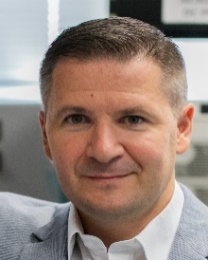
Dmitri Vinnikov (Fellow, IEEE) earned his Dipl.Eng., M.Sc., and Dr.Sc.techn. degrees in electrical engineering from Tallinn University of Technology, Estonia, in 1999, 2001, and 2005, respectively. He is currently the Head of the Power Electronics Group, Department of Electrical Power Engineering and Mechatronics, Tallinn University of Technology. Since 2021 he is a member of the Estonian Academy of Sciences. He was one of the founders of ZEBE—Estonian Centre of Excellence for zero energy and resource efficient smart buildings and districts. He has authored or coauthored three books, five monographs and several book chapters as well as more than 400 published papers on power converter design and development and is the holder of numerous patents and utility models in this field. His research interests include applied design of power electronic systems, implementation of wide-bandgap semiconductors, renewable energy conversion systems, energy-efficient buildings, reliability and fault-tolerance of power electronic converters. He is an associate editor of several IEEE journals (IEEE Transactions on Industrial Electronics, IEEE Open Journal of the Industrial Electronics Society, and IEEE Transactions on Power Electronics). In 2016 he founded the joint IES/PELS Chapter of the IEEE Estonia Section and served as a Chapter Chair with the view to promote the discipline and profession in Estonia and Baltic countries through a variety of activities. In 2020 he was elected as a Chair of the IEEE Estonia Section.
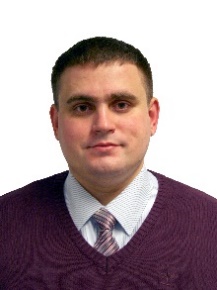
Andrii Chub (Senior Member, IEEE) received the B.Sc. and M.Sc. degrees in electronic systems from the Chernihiv State Technological University, Ukraine, in 2008 and 2009, respectively, and the Ph.D. degree in electrical engineering from the Tallinn University of Technology, Estonia, in 2016. He is currently a Senior Researcher with the Power Electronics Group, Department of Electrical Power Engineering and Mechatronics, Tallinn University of Technology. He was a Visiting Research Fellow with Kiel University in 2017 and a Postdoctoral Researcher with Federico Santa Maria Technical University between 2018 and 2019. He has co-authored over 180 papers and several book chapters on power electronics and applications and holds several patents and utility models. His research interests include advanced dc-dc converter topologies, renewable energy conversion systems, energy-efficient buildings, reliability, and fault-tolerance of power electronic converters. Dr. Chub is the Chair of the Estonian IES/PELS/IAS/PES Joint Chapter, and an Associate Editor for the IEEE Journal of Emerging and Selected Topics in Industrial Electronics.
Model Predictive Control in Power Electronics:
Basic concepts, Applications, Advances and Trends
Jose Rodriguez, Cristian Garcia, Mokhtar Aly,Margarita Norambuena,Fernanda de Morais Carnielutti
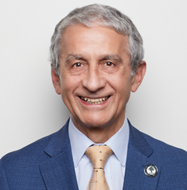
Jose Rodriguez (Fellow, IEEE) Life Fellow Member, IEEE) received the Engineer degree in electrical engineering from the Universidad Tecnica Federico Santa Maria, in Valparaiso, Chile, in 1977 and the Dr.-Ing. degree in electrical engineering from the University of Erlangen, Erlangen, Germany, in 1985. He has been with the Department of Electronics Engineering, Universidad Tecnica Federico Santa Maria, since 1977, where he was full Professor and President. Since 2015 he was t he President and since 2019 he is full professor at Universidad Andres Bello in Santiago, Chile. He has coauthored two books, several book chapters and more than 900 journal and conference papers. His main research interests include multilevel inverters, new converter topologies, control of power converters, and adjustable-speed drives. He has received a number of best paper awards from journals of the IEEE. Dr. Rodriguez is member of the Chilean Academy of Engineering. In 2014 he received the National Award of Applied Sciences and Technology from the government of Chile. In 2015 he received the Eugene Mittelmann Award from the Industrial Electronics Society of the IEEE. In years 2014 to 2023 he has been included in the list of Highly Cited Researchers published by Web of Science.
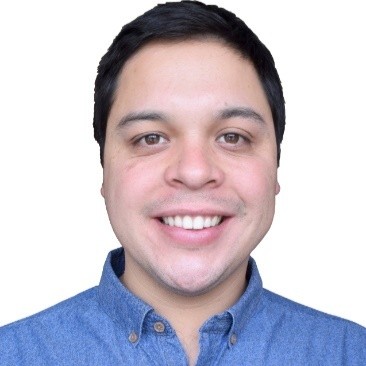
Cristian Garcia (Senior Member, IEEE) received the M.Sc. and Ph.D. degrees in electronics engineering from the Universidad Tecnica Federico Santa Maria, Valparaiso, Chile, in 2013 and 2017, respectively. From 2017 to 2019, he was with the Engineering Faculty of the Universidad Andres Bello, Santiago, Chile, as an Assistant Professor. Since 2019, he has been with the Department of Electrical Engineering of the University of Talca, Curico, Chile, where he is currently an Assistant Professor. During 2016 he was a visiting Ph.D. student in the Power Electronics Machines and Control (PEMC) Group at the University of Nottingham, U.K.
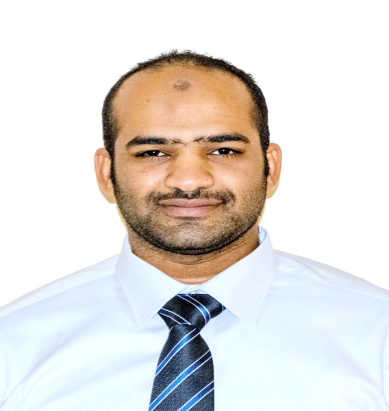
Mokhtar Aly (Senior Member, IEEE) received the B.Sc. and M.Sc. degrees in electrical engineering from Aswan University, Aswan, Egypt, in 2007, and 2012 respectively and the Ph.D. degree from the Department of Electrical Engineering, Faculty of Information Science and Electrical Engineering, Kyushu University, Japan in 2017. In 2008, he joined the Department of Electrical Engineering, Aswan University, as an Assistant Lecturer, where he has been an Assistant Professor with the Faculty of Engineering, since 2017. He worked as a Postdoctoral Researcher with the Solar Energy Research Center (SERC-Chile), Universidad Técnica Federico Santa María, Chile from March 2019 to June 2021. He is a member in IEEE Power Electronics Society (PELS), IEEE Industrial Electronics Society (IES), and IEEE Power and Energy Society (PES).
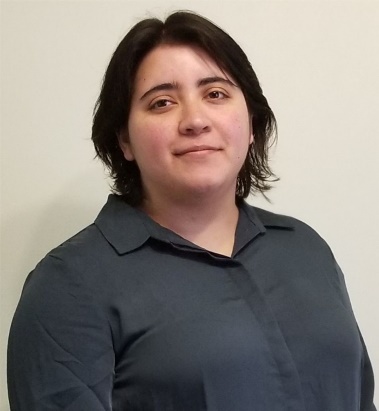
Margarita Norambuena (Senior Member, IEEE) received the B.S. and M. Sc. degrees in electrical engineering from the Universidad Tecnica Federico Santa Maria (UTFSM), Valparaiso, Chile, in 2013. She received her Ph.D. degree (summa cum laude) in electronics engineering from the UTFSM in 2017. She received the Doktoringenieur (Dr-Ing.) degree (summa cum laude) from the Technische Universitat Berlin (TUB) in 2018. She received the IEEE IES Student Best Paper Award 2019 for her doctoral work. Currently, she is an Assistant Professor at Universidad Tecnica Federico Santa Maria. Dr. Norambuena serves as an Associate Editor for IEEE JESTPE.
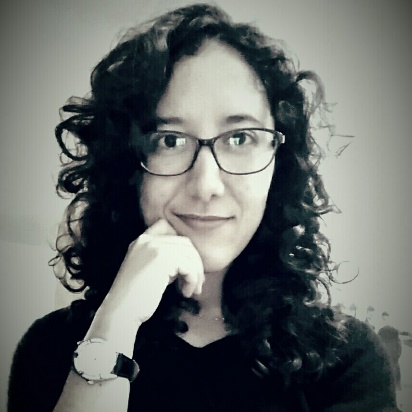
Fernanda de Morais Carnielutti (Member, IEEE) received the bachelor's degree in electrical engineering in 2010 from the Federal University of Santa Maria (UFSM), Santa Maria, Brazil, where she received the master's and doctoral degrees in electrical engineering in 2012 and 2015, respectively. From 2016 to 2018, she was a Professor with the Federal University of Santa Maria, campus Cachoeira do Sul. She is currently a Professor with the Federal University of Santa Maria, campus Santa Maria and a Researcher with the Power Electronics and Control Research Group (GEPOC), UFSM. Dr. Carnielutti is a member of the IEEE Power Electronics Society, IEEE Industrial Electronics Society, and IEEE Industry Applications Society.
Hydrogen and Fuel Cell Systems for Transportation
Kaushik Rajashekara
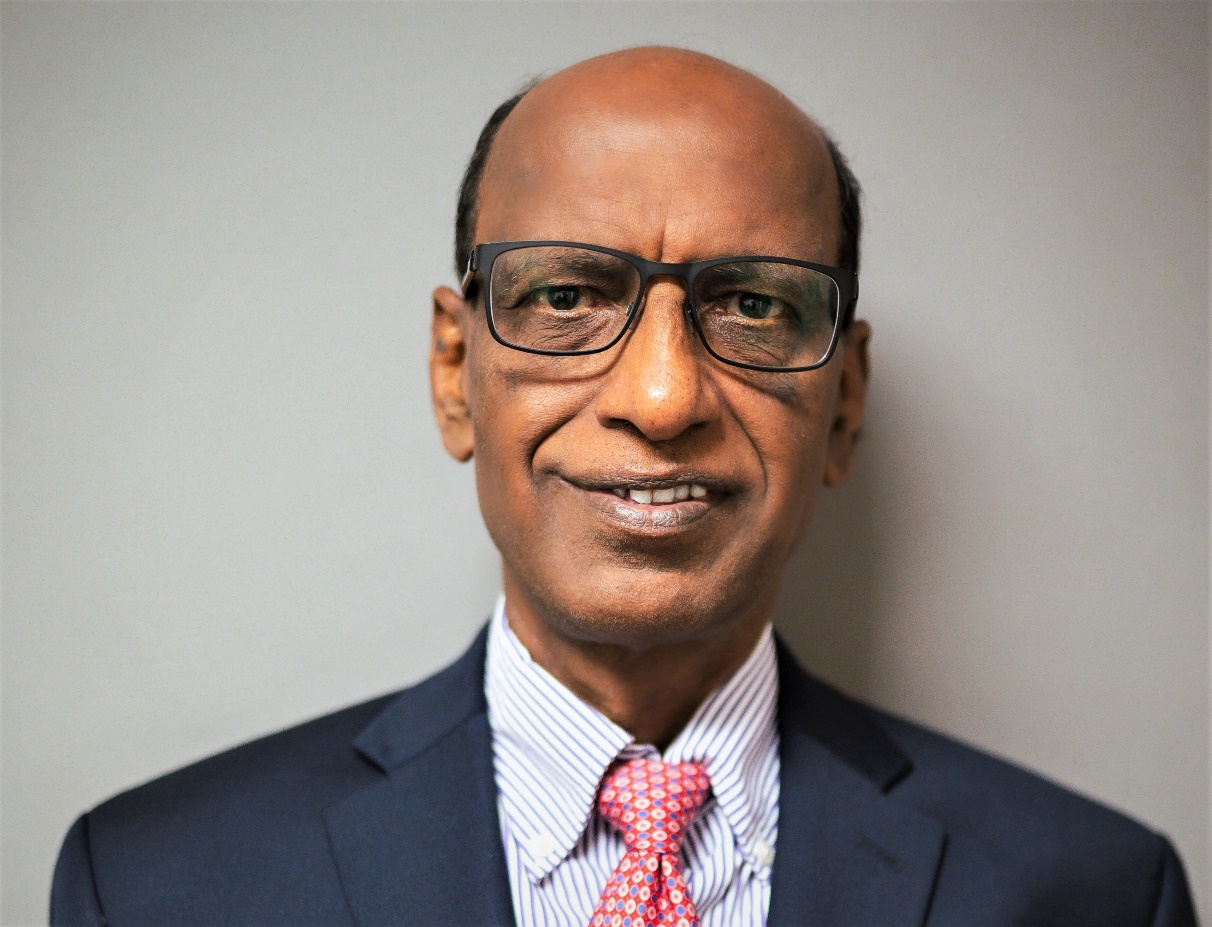
Kaushik Rajashekara( IEEE Fellow ) is presently a Distinguished Professor in the Dept. of Electrical & Computer Engineering, University of Houston. Prior to this, he was a Distinguished Professor in University of Texas at Dallas, Chief Technologist in Rolls-Royce Corporation, and Chief Scientist in Delphi, a division of General Motors. In General Motors, he worked on developing propulsion and power electronics systems for electric, hybrid, and fuel cell vehicle systems. In Rolls-Royce Corporation, his focus was on electric systems for electric and hybrid aircraft systems. He has authored/coauthored over 300 papers in international journals and conferences, has 37 US and 15 foreign patents, and has written one book. He has given over 200 invited presentations in international conferences and universities. He has received a number of awards including the 2022 Global Energy Prize and 2021 IEEE Medal on Environment & Safety Technologies. He was elected as a Member of the US National Academy of Engineering in 2012, Fellow of the National Academy of Inventors in 2015, a Fellow of Indian National Academy of Engineering in 2013, a Member of the Chinese Academy of Engineering in 2021. His research interests include power/energy conversion, transportation electrification, renewable energy, microgrid systems, and Subsea electrification.
Electric vehicle charging infrastructure
state-of-the-art and future outlook
Samir Kouro
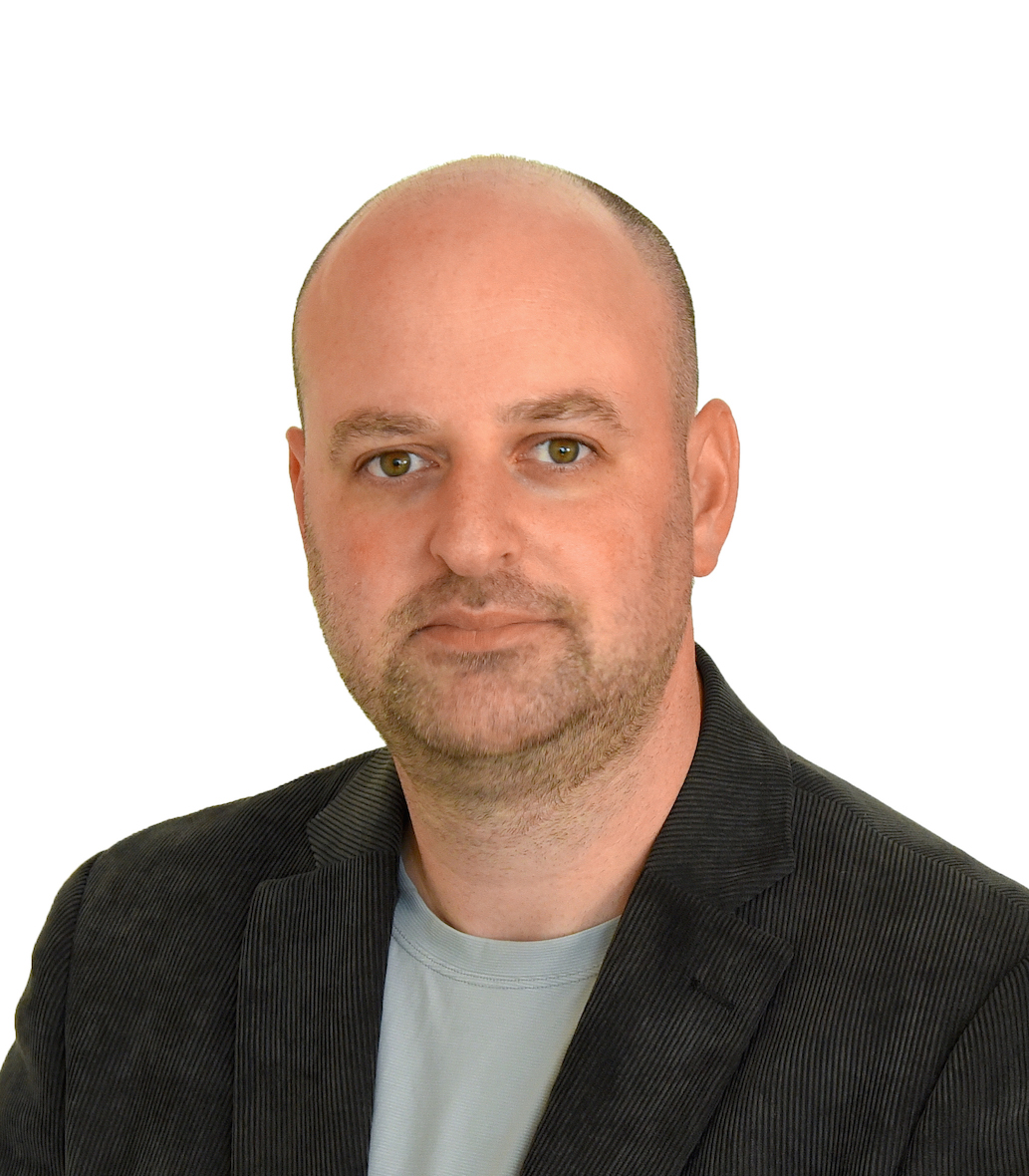
Dr. Samir Kouro (Senior Member, IEEE) is the Deputy Director of the Advanced Center of Electrical and Electronics Engineering (AC3E). Dr. Kouro is a recognized researcher and innovator with 4 IEEE career awards for contributions made in the field of power electronics and renewable energy 4 IEEE journal best papers awards and member of The Clarivate Analytics Highly Cited Researcher List of 2018. He also has served as technical adviser in several energy related public policy councils and boards for the Chilean Government. Dr. Kouro has published over 250 journal and conference papers 2 books 12 book chapters 7 patents and co-founded one Spin-off company. His research interests include Power Electronics applied to energy transition technologies such as photovoltaic energy, wind energy, electromobility, and green hydrogen.
Power Electronic Converters for Hydrogen Production via Electrolysis, Grid Integration, and Ancillary Services
Dr. Prasad Enjeti ,Dr. Harish S. Krishnamoorthy ,Dr. Kaushik Basu
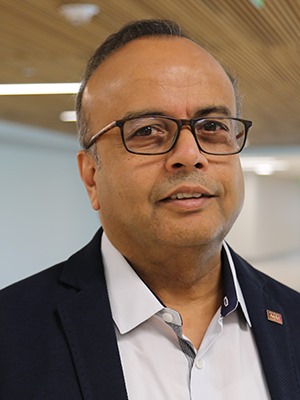
Dr. Prasad Enjeti( IEEE Fellow ) Dr. Enjeti’s primary research interests are: Advance power electronic converters for utility interface of solar-pv/wind/fuel-cell/battery-energy storage power systems; design of high temperature power conversion systems with wide band-gap semiconductor devices; new converter topologies for single/three phase solid state transformers (SSTs) with medium frequency isolation; medium voltage power converters for mega-watt scale solar-pv/wind/fuel-cell energy systems, adjustable speed drives with medium frequency transformer isolation; development of smart solar pv-systems for curved surfaces / BIPVs; power quality enhancement for interconnected renewables; power quality issues: design & development of active power filters; dynamic voltage restorer’s (DVRs) and new & improved ride-through technologies employing flywheel and supercapacitors; advancing switching power supply designs for portable power systems and modular fuel-cell systems. He is a Fellow of IEEE (year 2000) for "Contributions to solutions of utility interface problems in power electronic systems and harmonic mitigation”. He is the inaugural recipient of the R. David Middlebrook Technical Achievement Award from the IEEE Power Electronics Society, 2012.In addition to his regular graduate and undergraduate teaching load, he along with his students and colleagues has taught 25 different technical short courses, has published well over 100 conference papers, 86 journal papers, and seven book chapters. His research emphasis on industry-based issues has attracted significant funding. So far, 26 PhD and 41 MS students have graduated under his supervision and have spring-boarded into key leadership positions He is the lead developer of the Power Electronics / Power Quality & Fuel Cell Power Conditioning Laboratories at Texas A&M University and is actively involved in many projects with industries while engaged in teaching, research and consulting in the area of power electronics.